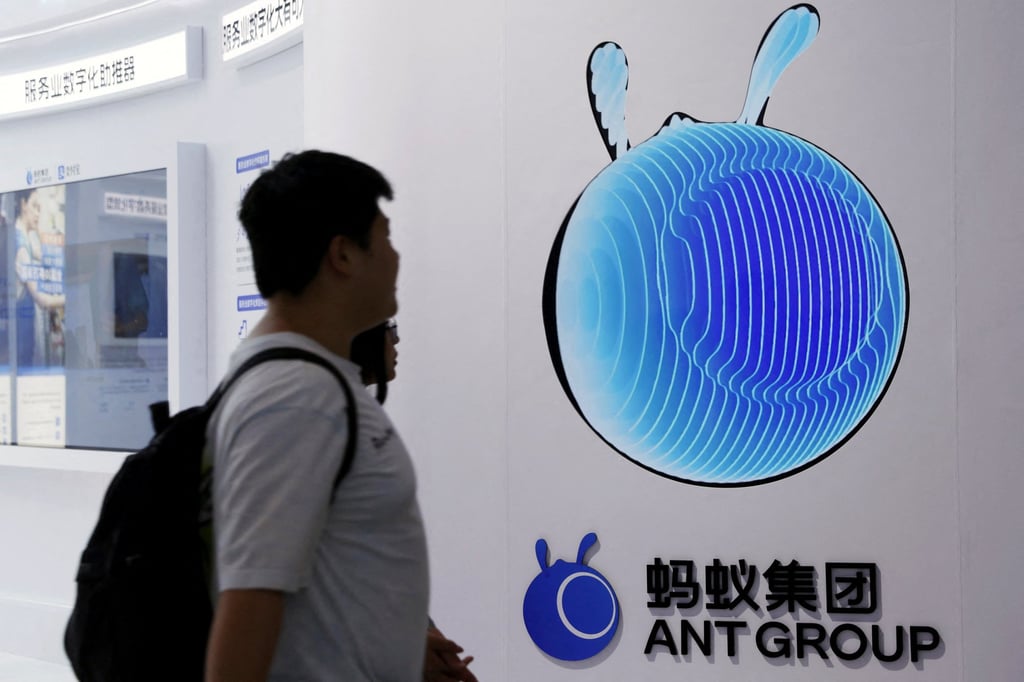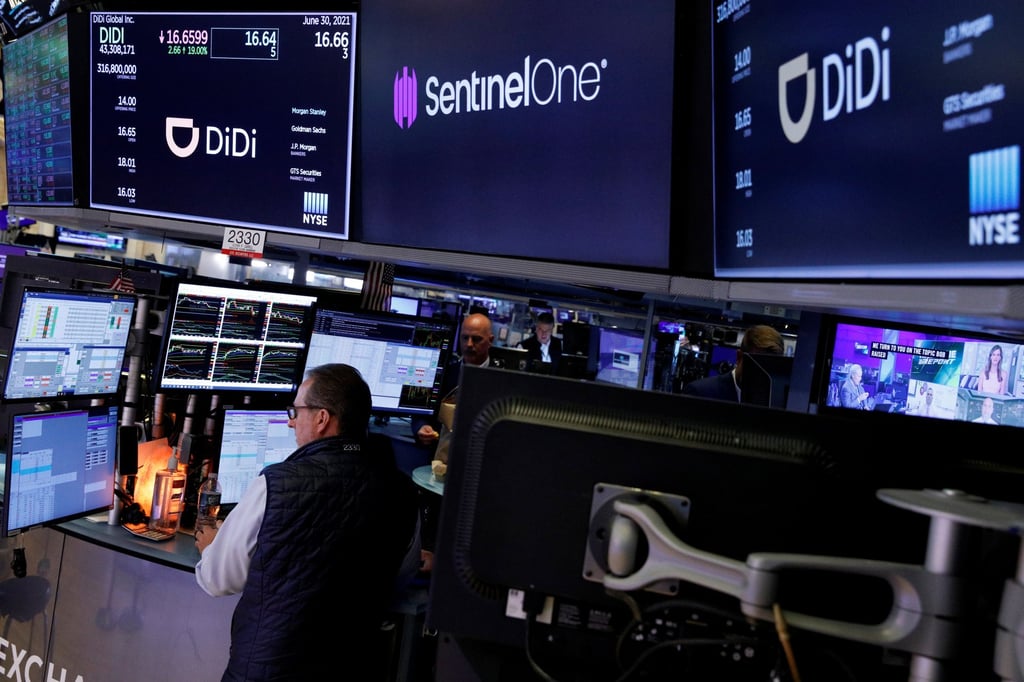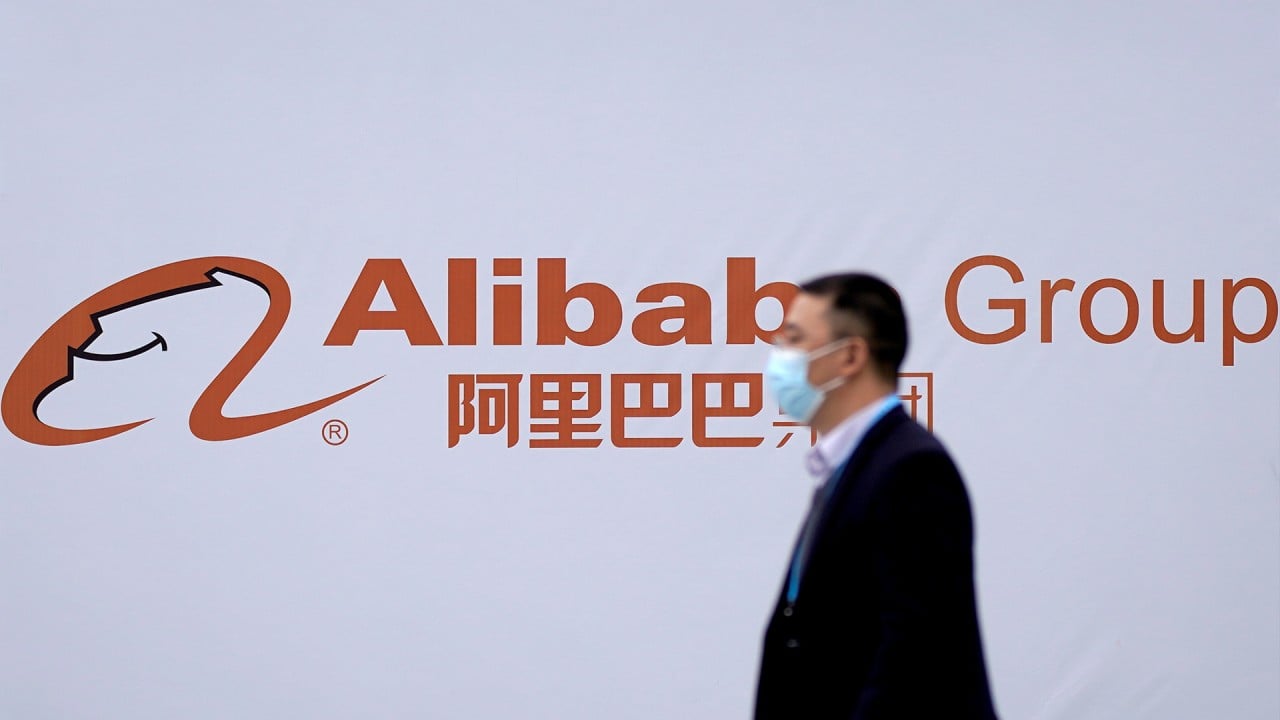“From the inspection and evaluation, Alibaba Group has completely stopped the monopoly behaviour of ‘picking one from two’,” the regulator said in a statement on its website. It added that the “rectification work” at Alibaba has achieved good results. picking one from two” practice, despite its years-long use in the e-commerce market. The “picking one from two” tactic, in which online merchants are forced to choose only one e-commerce platform as their exclusive distribution channel, is defined as a monopolistic behavior.
“Alibaba is a representative private enterprise in China, and this announcement is a timely boost to market confidence,” said Yuanpu Huang, founding partner of industry consulting firm EqualOcean. He added that while the domestic e-commerce market has reached maturity, Alibaba’s ability to regain momentum will largely depend on its future investments in its overseas business, given its status as a company with significant international influence.
Alibaba’s stock in Hong Kong gained 3 per cent on Friday, and its shares in New York edged up 4.3 per cent in pre-market trading at US$81.
Alibaba switched its status to a dual-primary listing on the Hong Kong stock exchange on August 28, paving the way for it to sell shares to mainland China’s 220 million stock investors.
“This is a relatively positive signal after its completion of dual primary listings, and I believe it will have the opportunity to be included in the Hong Kong Stock Connect in September,” said Kenny Ng, a strategist at Everbright Securities International. “The announcement will be good for the expectation from southbound capital and its share price.”
In April 2021, the regulator slapped a record penalty of 18.2 billion yuan on one of the world’s largest e-commerce companies – equal to 4 per cent of Alibaba’s 2019 revenue – after a months-long anti-monopoly investigation that started in December 2020.
The antitrust investigation on Alibaba was part of a broader regulatory crackdown against Chinese Big Tech firms that started late 2020, out of concern that the country’s major internet platforms were becoming too large and powerful.
On top of the fine, the regulator asked Alibaba to conduct rectification and submit “self-examination compliance reports” for three consecutive years from 2021.
In a statement in response to the SAMR announcement on Friday, the Hangzhou-based company vowed to “focus on innovation and adhere to compliance operations” in the future, as well as “increase investment in science and technology, promote the healthy development of the platform economy, and create more value for society”.
“It marks that the country’s governance [of the improper behaviour in the internet industry] has entered a regular and normalised direction, and this will no longer be an uncertainty as it was in the past few years,” said Zhang Yi, founder and chief analyst at market consultancy iiMedia.

The decision comes at a critical point for Alibaba after converting its listing status. It could help its long-awaited stock link, according to Zhang.
“There were too many uncertainties from the perspective of investors following the investigation,” he said. It affected Alibaba in multiple ways, including in the capital market, business expansion, and internal management, Zhang added.
“In the next step, the State Administration for Market Regulation will guide Alibaba Group to continue to standardise its operations, further improve compliance quality and efficiency, accelerate innovation-driven development, and continuously improve service levels, providing solid guarantees for building a world-class company and enhancing international competitiveness,” the SAMR said.
The official announcement is “very important for Alibaba to obtain recognition from southbound capital” after the expected stock link, Zhang said.
The prolonged industry crackdown wiped out trillions of dollars in market value from Chinese tech companies, kneecapped one of the most dynamic sectors in the world’s second-largest economy, and accelerated US-China decoupling, before it started to ebb in 2022.

A number of major tech companies were caught in the regulatory storm.
Meanwhile, nearly four years after becoming the first target in the crackdown, Ant Group has yet to revive its IPO plans.
Additional reporting by Wency Chen.
.











